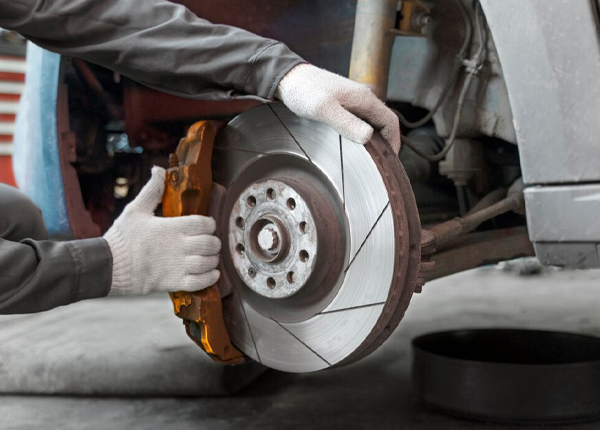UK Car Warranty Features You Should Look Out For
Are you planning to buy a used car? If so, you should know a few things about getting a used car warranty UK before purchasing. Most new cars come with a manufacturer’s warranty that covers repair or replacement for a set period. But what about used cars? Do they come with a warranty? The answer is it depends. If you buy a used car from a dealer, they may offer a warranty on the vehicle. However, if you buy a used car from a private dealer, it is unlikely to carry any warranty.
With that said, there are several things you can do to protect yourself when buying a used car, even if it doesn’t come with a warranty. If you buy a car, adding an extended warranty can be a way to cover all the problems that occur with the vehicle while you have it. Before you decide whether to get one – and which type – there are several things to consider, from your car’s age and history to how long you’ll have it running.
What is covered under the new car warranty?
In new vehicles, almost all aspects of the vehicle are covered. That means all mechanical elements, such as the engine and transmission, electrical systems, fuel systems, cooling systems, and most cosmetic features, will be under warranty coverage on the new model.
If something breaks in your vehicle, there is a warranty to cover if certain parts need to be replaced. All new cars come with a warranty from the manufacturer, which is transferable if you buy the car during the warranty period.
All manufacturer guarantees remain when the owner sells the car, but they vary in length. Most are for three years, but some, like KIA and Vauxhall, offer a longer ‘lifetime’ warranty. These are usually transferable. Even though it is sold, the vehicle is still closed. If the car has a lifetime cover, please check if you can move it to your place before buying.
What is covered under a used car warranty?
When buying a used vehicle from a dealer, there are many cases where you will be offered protection for a car that is now beyond its original warranty. On most manufacturer and aftermarket warranty options, wear and tear are not covered – for example, tires and clutch.
If you don’t take out the warranty offered, you should still have some basic protections under the Consumer Rights Act 2015. If the fault is uncovered within 30 days, which is visible at the time of delivery, you should be able to refuse the car for a full refund.
Otherwise, if something goes wrong within the first 6 months, the supplying dealer will have to repair the car or provide a replacement. Under the terms of the act, when sold, the product must be of ‘satisfactory quality, fit for purpose and as described.
If you are buying a used car, it is important to do some research before deciding whether or not to buy a warranty. You’ll want to consider the make and model of the car, as well as your driving habits. If you are an experienced driver who takes good care of your car, you may not need a warranty. However, a warranty can give you peace of mind if you’re buying an older car or one that likely has mechanical problems. Ultimately, the decision is yours and should be based on your specific needs and budget.
If you want to protect yourself from the cost of owning a vehicle, consider purchasing an extended manufacturer’s warranty when you buy a new car. These are usually less stringent than third-party warranties. You can even transfer the warranty to the new owner if you sell the car.
Enrolling in a used car warranty plan is one way to put your mind at ease when driving a less-than-new vehicle from the lot.



